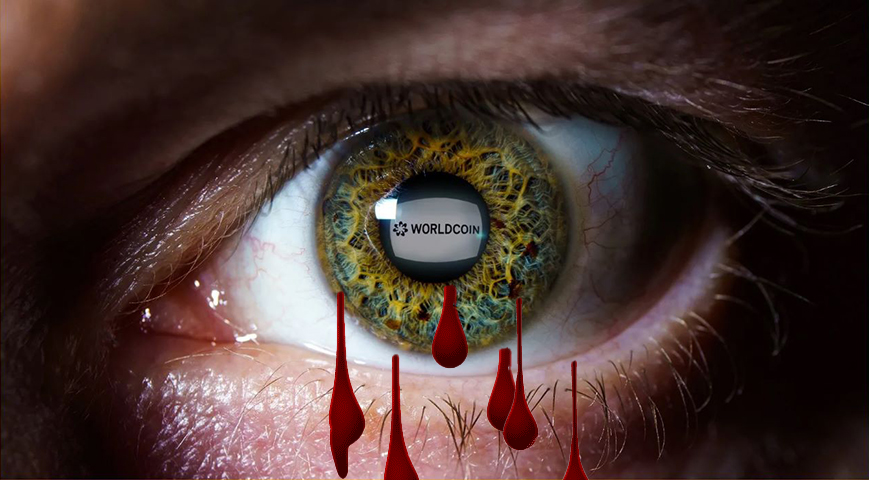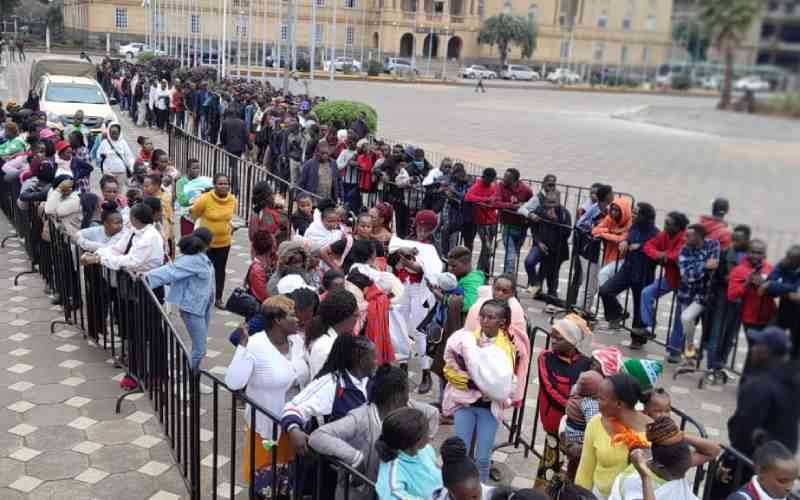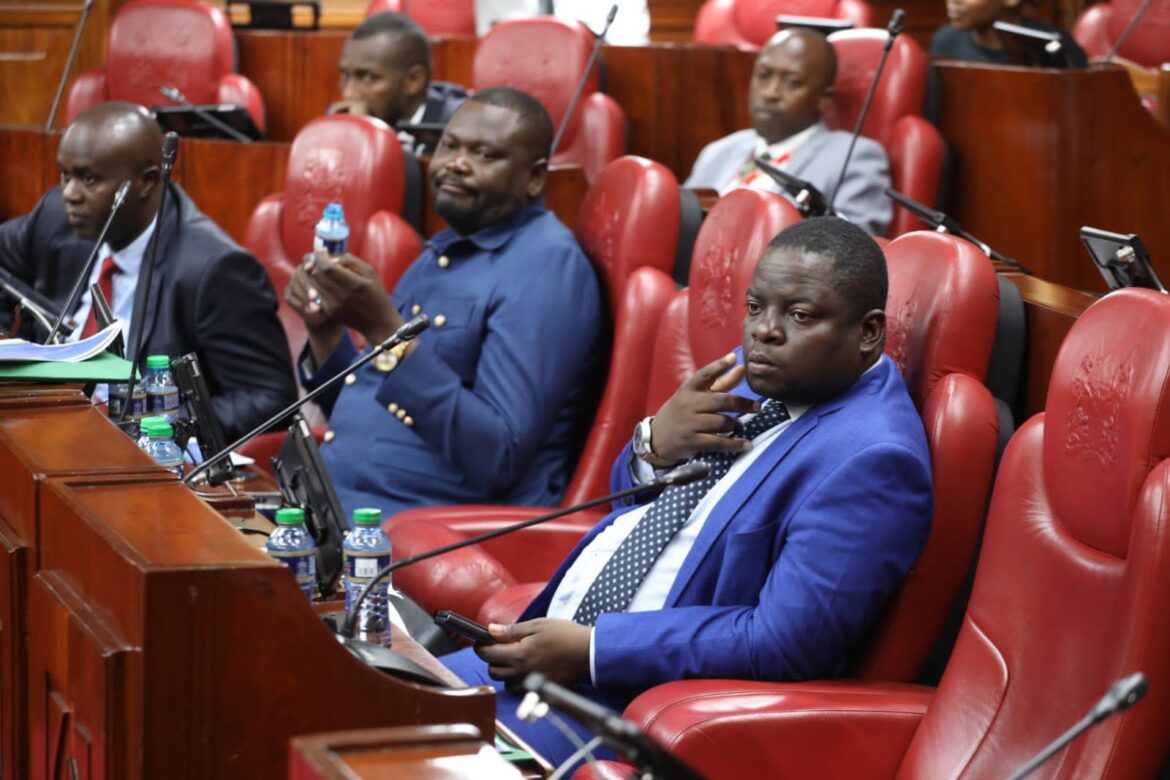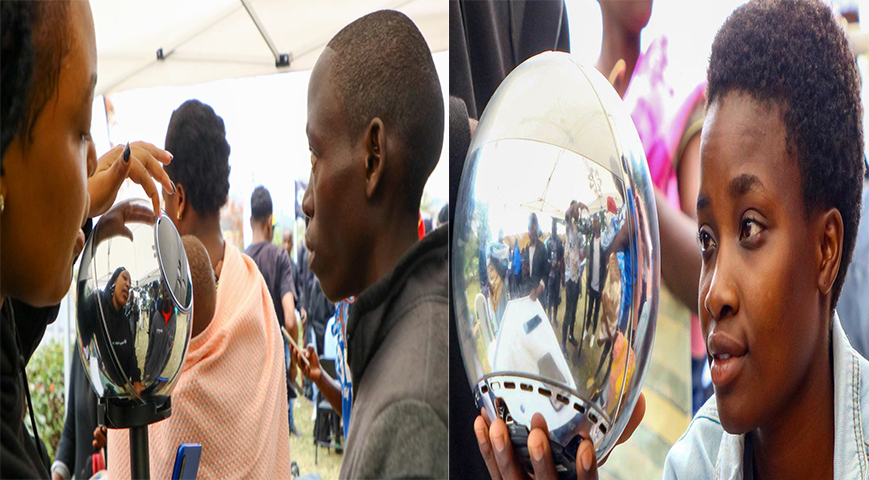New information shows that some Kenyans who had their eyeballs scanned to register for the world coin have now developed health problems.

Some victims complain that they were mistreated and only received Ksh.2,000 instead of the Ksh.7,000 they were promised to sign up as new Worldcoin users.
One of the witnesses testified on Tuesday before the National Assembly Ad Hoc Committee of Inquiry into the Worldcoin incident that he began experiencing eye difficulties after getting the scan and had to get medical help.

Did you read this?
"After the scan, my eyes started becoming watery. I have been on prescribed glasses ever since that time. I don’t know if it is a coincidence or it is the world coin scan," one person told the committee.
According to a witness, the eyeball scan was done to ensure the person registering was, in fact, a human being. The committee learned that customers were promised 70 US dollars (or around 7,000 Ksh) in exchange for providing their sensitive information, but they ultimately only received Ksh 2,000.
"They came to school and registered us. They used Iris scan to verify that you are a human being. Upon verifying that you are a human being, they would give you 25 World coins which is currently equivalent to 70 USD. They promised Ksh.7,000 but I got only Ksh.2,000 on M-Pesa," said Bernard Ochieng.

The committee was also informed that users had no formal authorization for their eyes to be scanned and for their personal information to be collected by the Bitcoin company.
The student also said that some Worldcoin signups are dealing with social stigma, particularly from colleagues who were not scanned.
The governor of the Central Bank of Kenya, Kamau Thugge, testified before the committee on Tuesday that CBK did not participate in authorizing or approving the owners of Worldcoin.
The seventeen-member Committee attempts to connect the dots between current Worldcoin actions and cryptocurrency trade in the nation, focusing on where the money coming to the Kenyans came from before they were subjected to iris scans.









